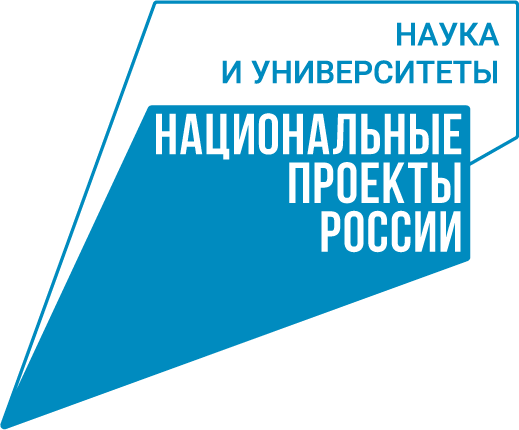A high-frequency radar will automatically control unmanned vehicles. High-tech production is to be launched in Yekaterinburg on the basis of Avtomatika, NPO.
‘Millimeter-wave radar sensors detect objects and determine their distance, relative speed, and angular coordinates,’ says Vladimir Ivanov, director of the Institute of Physics and Technology at Ural Federal University. ‘The choice of millimeter-wave radio waves provides an opportunity to achieve a target accuracy of measuring the distance to an object but also to penetrate through materials such as clothing, plastic, and drywall. Additionally, the technology is immune to adverse weather conditions, such as rain, snow, fog, and dust clouds. Also, the scientists are trying to reduce the weight and size characteristics of the products. Employees of the Institute of Physics and Technology and the Institute of Radio-Electronics and Information Technologies are participating in the work.’
Short-range microwave radars are critical in driver assistance systems for industrial and agricultural vehicles. In such vehicles, many zones are invisible from the driver’s seat. Using radars helps achieve safe and accident-free driving as the piloting system or the driver is notified about the presence of dangerous obstacles in the radar location zone in time. In this sphere, radars may be extremely useful as they can detect obstacles with anticipation and provide additional information about the electronic profile, speed, and angular coordinates of the object, which allows the head system to identify its type.
The project is to result in short-range and long-range radars to be used in intelligent driver assistance systems (including industrial equipment) and intelligent farming systems, which corresponds to the priorities of the strategy of scientific and technological development of Russia.
The project will help eliminate the dependence of Russian developers of intelligent systems on imported components by creating a line of locally made products. If the project is completed and the proposed technical characteristics are reached, this will result in the production of competitive products whose technical parameters will easily adapt to the integrated solutions of Avtomatika, NPO.
